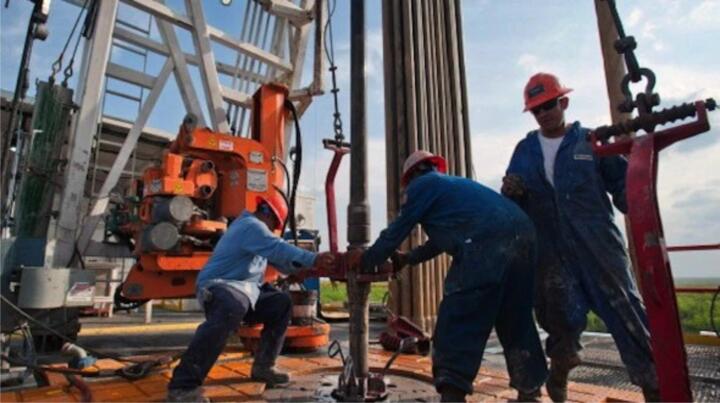Nigeria’s domestic refineries are operating at just 42% of their combined capacity due to severe crude oil supply shortages, industry data has revealed. The development comes despite recent government efforts to revive the country’s refining sector and reduce dependence on fuel imports.

**Key Details:**
– The nation’s three main refineries in Port Harcourt, Warri, and Kaduna have a combined capacity of 445,000 barrels per day (bpd)
– Current production stands at approximately 187,000 bpd due to feedstock constraints
– The Dangote Refinery, Africa’s largest, is also reportedly facing similar crude supply challenges
**Root Causes:**
1. **Pipeline Vandalism**: Persistent attacks on critical supply infrastructure
2. **Domestic Crude Allocation Issues**: Competing demands from export commitments
3. **Logistical Bottlenecks**: Inadequate transportation and storage facilities
Energy analyst Olumide Adeosun told our correspondent: “This underutilization represents both a revenue loss and a missed opportunity for fuel self-sufficiency. Each percentage point of unused capacity costs Nigeria millions daily in potential import substitution savings.”
**Industry Impact:**
– Continued reliance on imported refined products
– Missed opportunities for petrochemical by-products
– Delayed benefits to downstream sectors
The Nigerian National Petroleum Company Limited (NNPCL) acknowledged the challenges but assured that repairs on critical pipelines and new supply arrangements are underway. A company spokesperson stated: “We’re implementing alternative supply solutions, including increased crude by rail and marine options, to stabilize refinery operations.”
Energy experts warn that without urgent intervention, Nigeria risks squandering its refining potential even as the Dangote Refinery comes online. They recommend immediate action to secure domestic crude supplies and protect critical energy infrastructure.
The situation presents a critical test for Nigeria’s energy transition plans, particularly as the government seeks to implement the Petroleum Industry Act’s local content provisions. Stakeholders are calling for an emergency meeting between regulators, producers, and refiners to address the supply crisis.
**Looking Ahead:**
– Potential revision of domestic crude allocation quotas
– Accelerated pipeline security measures
– Exploration of alternative feedstock options
As Africa’s largest oil producer struggles to feed its own refineries, the paradox highlights systemic challenges in Nigeria’s energy sector that require immediate policy attention and infrastructure investment.
Support InfoStride News' Credible Journalism: Only credible journalism can guarantee a fair, accountable and transparent society, including democracy and government. It involves a lot of efforts and money. We need your support. Click here to Donate
